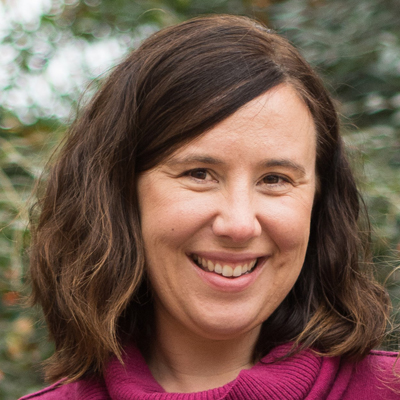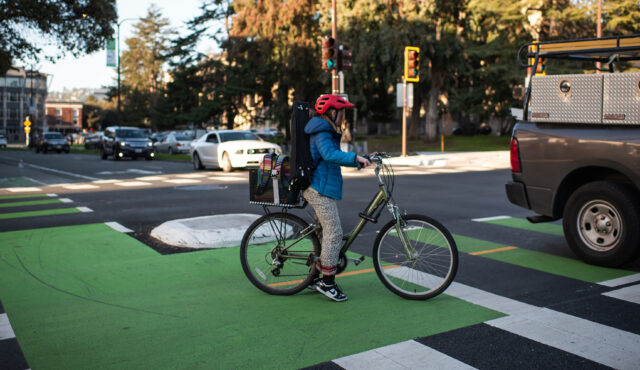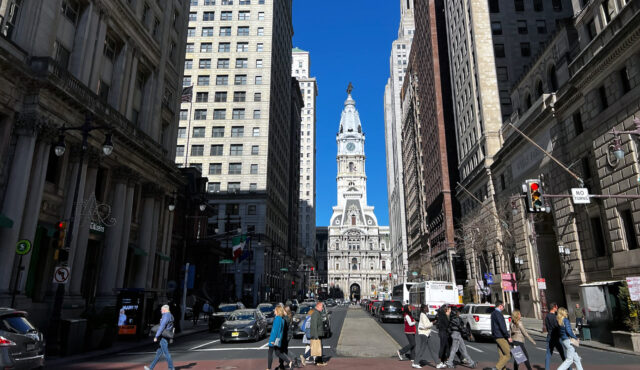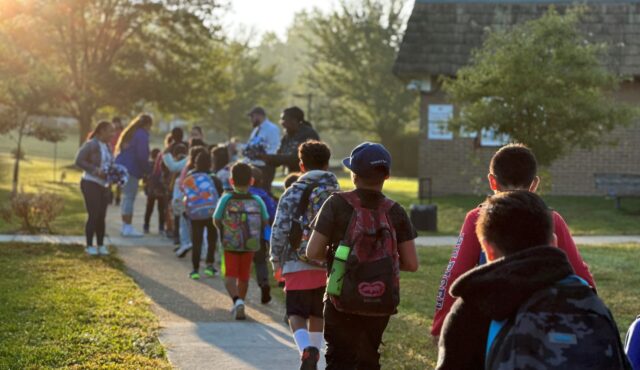Toole Design directors Jessica Fields, PE, AICP and Amalia Leighton Cody PE, AICP are heading to New Orleans this week to present at the APA National Planning Conference. They will be speaking in three separate panels in the inclusiveness and social justice track, focusing on Vision Zero, new mobility partnerships, and inclusive engagement work. Be sure to check out their sessions below, and say hello if you see them during the conference.
First/Last Mile: Partnerships and Innovations
Toole Design Speaker: Jessica Fields, PE, AICP
The rising popularity of app-based transportation network companies (TNCs) has led to decreases in ridership at many public-transit agencies nationwide. How can transit compete with on-demand services? If you can’t beat them, join them. Rather than compete, transit agencies and technology innovators are partnering to improve first-mile and last-mile connections at stations. This session will examine four case studies — in California, Colorado, Texas, and Washington, D.C. — where station access is being improved by the use of innovative technology. In the Bay Area, BART is working with an app called Scoop to improve its carpool program in parking-constrained stations. In Denver, local jurisdictions have partnered with bikeshare providers like B-cycle and Zagster to provide shared mobility options around transit facilities. In Dallas, DART has partnered with Lyft to integrate ride-sharing into ticketing. And in Washington, D.C., Capital Bikeshare is working proactively with Metro to make transfers between bike and transit easier — and bikeshare services provided a needed alternative transportation option when Metro’s SafeTrack campaign disrupted regional commutes. Learn how by working together, both transit agencies and technology innovators reap the benefits of an abundance of transportation choices.
- Date: Saturday, April 21
- Time: 1pm-2:15pm CDT
- Location: 213
Vision Zero – A Transportation Revolution
Toole Design Speakers:
Nationally, traffic fatalities are on the rise, especially among the most vulnerable street users — pedestrians, bicyclists, motorcyclists, low-income neighborhoods, and people of color. “Vision Zero” is an international movement to address this reality, viewing crashes as a preventable public-health crisis. More than 20 U.S. cities have committed to “Vision Zero” and to ultimately eliminating traffic deaths through this data-driven, transparent, and multi-agency approach that recognizes human imperfections. With a “Vision Zero” approach, cities recognize that mistakes will happen on our streets, but they should not result in death. This session will examine two case studies where “Vision Zero” planning and implementation has begun, profiling their successes and distinguishing features. In Seattle, the city has taken bold actions such as lowering neighborhood and arterial speed limits, redesigning arterials for pedestrian safety, and delivering a comprehensive messaging campaign. Seattle applied robust data analysis, using crash and pedestrian and bicyclist volume data to understand not only where crashes occur but also where they might occur in the future. In Denver, the city has recently completed an action plan that included extensive data analysis and inclusive public outreach. The plan, including more than 60 clear actions, has already informed citywide spot improvements.
- Date: Monday, April 23
- Time: 1pm-2:15pm CDT
- Location: 222
- Date: Monday, April 24
- Time: 8:30am-9:45pm CDT
- Location: R08




